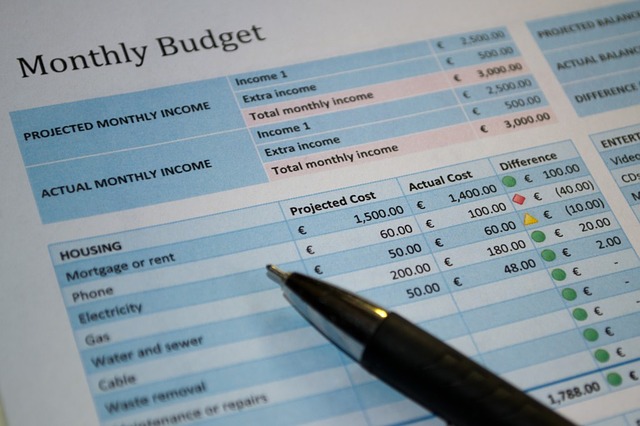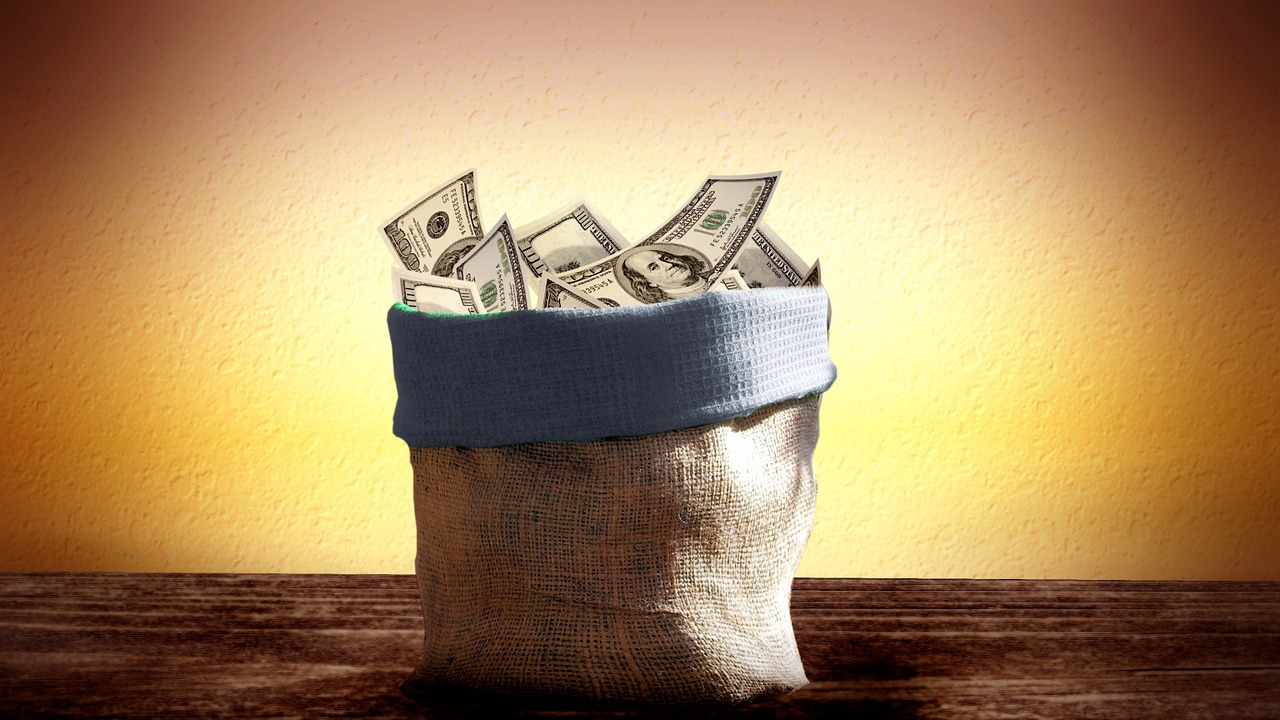The coronavirus pandemic has shown people across the world the importance of maintaining an emergency fund. With more than 22 million unemployment claims filed in the United States alone, many individuals are struggling to make ends meet. Furthermore, unemployment benefits are not available to everyone, and often they replace just a fraction of an individual’s income.
Perhaps the most anxiety-provoking issue for many people is that there is not a clear end in sight to the COVID-19 crisis. Traditional wisdom calls for an emergency fund to last at least three months, but given the uncertainty of our new reality, many feel pressured to make the money last even longer. Some tips for making an emergency fund stretch include the following:
1. Make a new budget.
One of the most important steps in making an emergency fund last is to make a new budget to cover the shift in income and look for opportunities to reduce expenses. First, you should take account of all the money you have at your disposal, including emergency funds and other liquid savings accounts. You may also need to tap into other savings accounts, such as vacation funds, to keep yourself afloat financially.

If you have a credit card that offers cash rewards, you could use that balance to meet monthly bills. The new budget will, hopefully, eventually include unemployment benefits, as well as other potential income streams, but it is important to know what is available immediately. Essential expenses include housing, utilities, food, and transportation. Accounting for these expenses gives you a better sense of where you stand.
2. Identify alternative income sources.
Though having an emergency fund puts you a step ahead of many other people, the money will not last forever. During a crisis, you should work quickly to figure out any alternative sources of income, such as unemployment benefits, especially since the first check may end up taking weeks to arrive.
During the coronavirus pandemic, individuals have access to both state and federal funds for unemployment for at least four months. You may be able to figure out a part-time job that you can do from home on a freelance or hired basis in the meantime. Plus, the current crisis is creating thousands of new jobs, so it is possible to find some sort of supplement that will keep your emergency fund alive longer.
3. Lower overall monthly spending.
While it may sound obvious to spend less after losing employment, you may not know all the avenues available to help you do so. For instance, if you find you can no longer make your monthly bills, try reaching out to your loan provider, landlord, and utility companies to come to a payment or deferment deal. Many creditors will work with you to figure out alternative solutions to keep you from missing payments. Getting a few months off from a loan payment can give you some breathing room when you are stretched for cash.
During the pandemic, several banks and other lenders are reducing payments, putting them on pause, or reducing fees. Of course, you should also cut nonessential spending like gym memberships or streaming services, especially since many companies are now offering entertainment for free.
4. Maintain healthcare coverage.
During periods of unemployment, it can be tempting to forego health insurance as a cost-saving measure. However, without insurance, medical issues can be financially crippling, so it’s best to keep it in case of an emergency.

You can extend your former employer’s insurance through COBRA, but the payments are often quite expensive once your company is no longer contributing. Within 45 days of losing your job, you should receive a letter about the cost of continuing health care through COBRA.
A cheaper option is to go for a Marketplace plan. After losing a job, you are qualified for a special enrollment period, but it only lasts for 60 days from the last date of employment. Some of the cheaper plans come with high copays and deductibles, but the coverage will (ideally) be temporary and is meant just to protect you in the event of an emergency.
5. Put goals on hold.
One of the most difficult steps to take when it comes to making an emergency fund last is putting a hold on other goals, whether that means paying off a specific debt or saving for a dream vacation. During a crisis, you need to put these plans on pause unless you are confident you have enough money to last until the market recovers.
A strategy that often works well is paying extra money to yourself. For example, if you are putting an additional $500 toward a credit card each month, during a crisis, it can make sense to divert that money into a savings account instead. While the credit debt will accrue interest, at least you will have access to money that could keep you from going further into debt. If you end up not needing the money, it can be redirected back to the original goal once the situation stabilizes.

